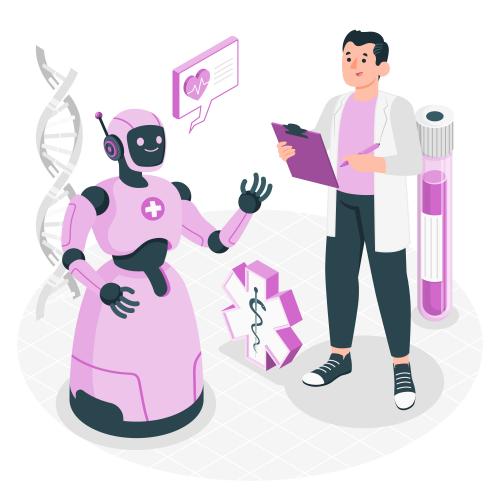Autonomous Testing for Salestech: A Powerful New Approach

Sales technology (Salestech) plays a crucial role in driving sales efficiency and effectiveness. However, ensuring the quality and functionality of these tools can be a time-consuming and resource-intensive process. This is where Autonomous Testing comes in.
What is Autonomous Testing?
Autonomous testing leverages Artificial Intelligence (AI) and Machine Learning (ML) to automate the software testing process. It can identify bugs, regressions, and usability issues, freeing up human testers for more complex tasks.
Benefits of Autonomous Testing for Salestech
- Faster Release Cycles: By automating repetitive tasks, autonomous testing allows for quicker identification and resolution of bugs, leading to faster release cycles for your Salestech products.
- Improved Quality: Autonomous testing can perform a wider range of tests than manual testing, ensuring a more comprehensive evaluation of your Salestech's functionality.
- Reduced Costs: Automating testing reduces the need for manual testing resources, leading to significant cost savings.
- Enhanced User Experience: By identifying usability issues early on, autonomous testing helps ensure a smooth and positive user experience for your Salestech customers.
Here's a possible approach to implementing Autonomous Testing for your Salestech product:
- Define Test Scope: Identify the key functionalities and user journeys within your Salestech that need to be tested.
- Data Collection & Training: Gather user data, historical test results, and other relevant information to train the AI/ML models used for autonomous testing.
- Test Script Creation: Develop automated test scripts that leverage AI/ML capabilities to simulate user interactions and identify potential issues.
- Test Execution & Reporting: Run the automated tests and generate detailed reports that highlight bugs, regressions, and areas for improvement.
- Continuous Improvement: Refine your AI/ML models based on test results and user feedback to continuously improve the effectiveness of your autonomous testing process.
Challenges to Consider
- Technology Maturity: Autonomous testing is still an evolving field, and its capabilities may not yet fully match the expertise of human testers for complex scenarios.
- Data Requirements: Effective training of AI/ML models requires a significant amount of high-quality data, which may not always be readily available.
- Integration: Integrating autonomous testing with existing development and QA workflows might require adjustments and additional training for personnel.
Conclusion
Autonomous testing offers a powerful approach to streamline Salestech development and delivery. While it may not entirely replace human testing, it can significantly enhance efficiency, improve quality, and accelerate time to market for your Salestech solutions. By carefully considering the benefits and challenges, you can leverage autonomous testing to gain a competitive edge in the ever-evolving Salestech landscape.
Post Your Ad Here
Comments